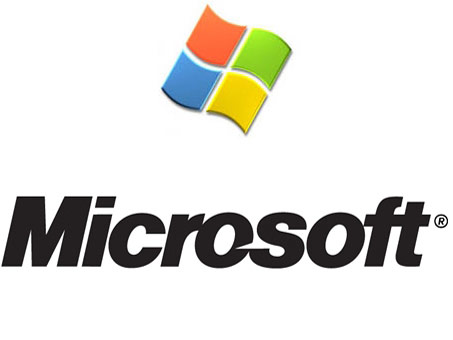Just yesterday we were reporting on a critical security vulnerability that plagues Adobe Reader and Adobe Acrobat running on Windows and Mac, and now there is more bad news for Windows fans and Mackies alike: there is a zero-day vulnerability in Microsoft’s Excel that is actively being exploited by people with malicious intent. As a matter of fact, a Trojan created by virus writers is already making its rounds, targeting several versions of Excel.
“Microsoft is investigating new public reports of a vulnerability in Microsoft Office Excel that could allow remote code execution if a user opens a specially crafted Excel file. At this time, we are aware only of limited and targeted attacks that attempt to use this vulnerability. We are actively working with partners in our Microsoft Active Protections Program (MAPP) and our Microsoft Security Response Alliance (MSRA) program to provide information that they can use to provide broader protections to customers,” said Microsoft.
The platforms affected are: Microsoft Office 2000, Microsoft Office 2002, Microsoft Office 2003, Microsoft Office 2007, Microsoft Office 2004 for Mac, Microsoft Office 2008 for Mac, and Open XML File Format Converter for Mac. Microsoft said that once the investigation has taken its course they will asses the proper course of action and take it. This means that Microsoft might issue either a service pack or a security update, even an out-of-date one (which is a rare occurrence with the Redmond software developer). Customer security and satisfaction is the main priority here, and a fix will be made available according to the customer’s needs.
The only upside is that an automated attack is not possible; in order to get infected, the user must download and open a maliciously crafted Excel document. When that document is opened, two files are dropped on the system: a valid Excel document and a malicious binary. The end result is that you unknowingly execute a Trojan downloader, which can be used to steal your confidential data (record keystrokes for example).
“Microsoft is investigating new public reports of a vulnerability in Microsoft Office Excel that could allow remote code execution if a user opens a specially crafted Excel file. At this time, we are aware only of limited and targeted attacks that attempt to use this vulnerability. We are actively working with partners in our Microsoft Active Protections Program (MAPP) and our Microsoft Security Response Alliance (MSRA) program to provide information that they can use to provide broader protections to customers,” said Microsoft.
The platforms affected are: Microsoft Office 2000, Microsoft Office 2002, Microsoft Office 2003, Microsoft Office 2007, Microsoft Office 2004 for Mac, Microsoft Office 2008 for Mac, and Open XML File Format Converter for Mac. Microsoft said that once the investigation has taken its course they will asses the proper course of action and take it. This means that Microsoft might issue either a service pack or a security update, even an out-of-date one (which is a rare occurrence with the Redmond software developer). Customer security and satisfaction is the main priority here, and a fix will be made available according to the customer’s needs.
The only upside is that an automated attack is not possible; in order to get infected, the user must download and open a maliciously crafted Excel document. When that document is opened, two files are dropped on the system: a valid Excel document and a malicious binary. The end result is that you unknowingly execute a Trojan downloader, which can be used to steal your confidential data (record keystrokes for example).

























